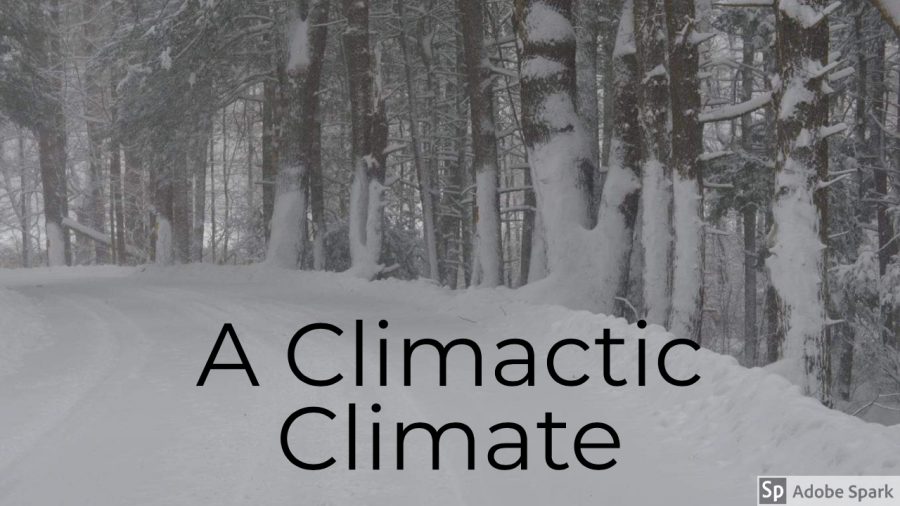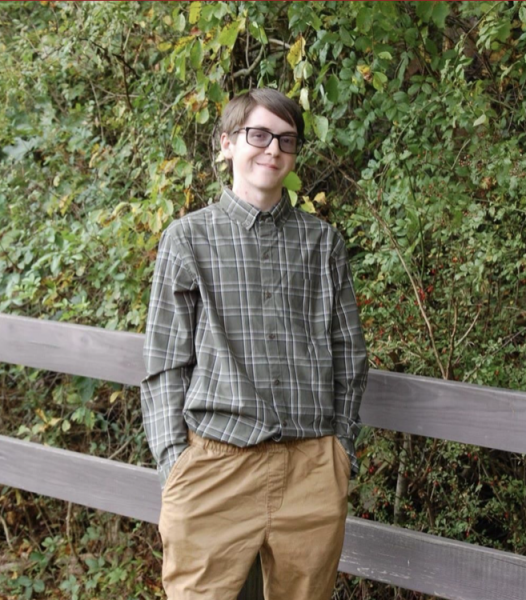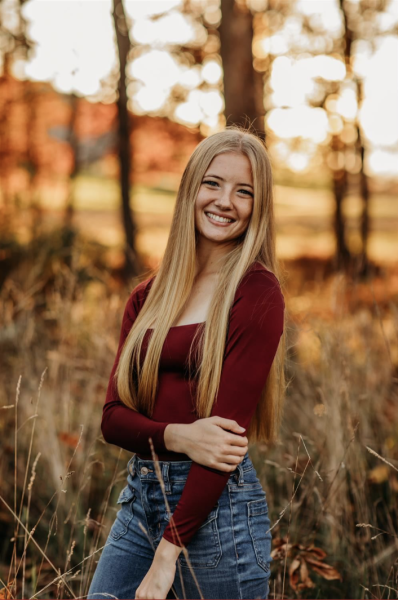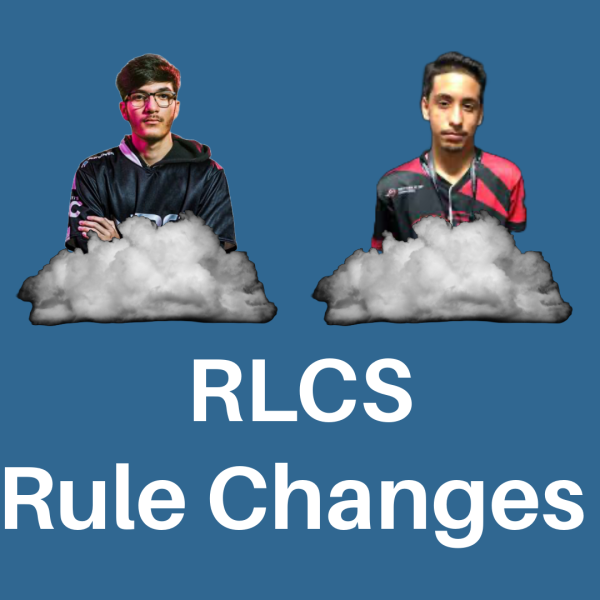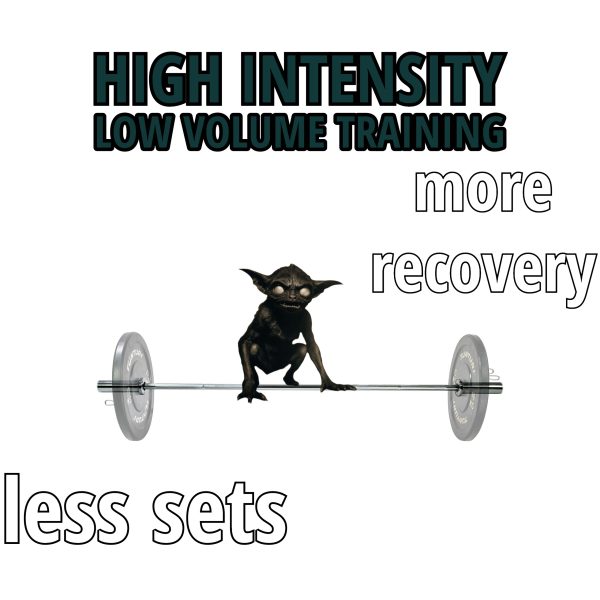A Climactic Climate
February 19, 2019
AP Environmental students attended a web seminar taught by Katharine Hayhoe, an atmospheric and climate scientist at Texas Tech University. The students were educated over the importance of Earth’s climate, and what can be done to prevent the dramatic changes that affect our planet’s weather every day.
Why does Climate Matter? Hayhoe addressed this question multiple times in her lesson. Climate and weather are very different things, weather is our day-to-day experience with temperatures, rain, and all the other little variables. Climate is, “at least a 20-30 year average” of all of these things. Climate is very stable, and because of that it determines things like how your house is built, the clothes in your closet, and what animals live near you. “It [climate] has been pretty stable, but what happens if its no longer stable?” Hayhoe asked.
A planet with a warming climate will significantly increase our chances of natural disasters. We have seen more rain in the northeast, more heat waves, more coastal flooding, longer and larger wildfires, and slower, and more damaging hurricanes. “Hurricane Harvey, 100 years ago, would’ve had 40% less rain and caused significantly less damage”. The increase in carbon that is keeping the heat of planet Earth contained in the atmosphere is causing these increases in disasters by warming the oceans, land, and air.
How do we know climate is changing? A question that seems pretty controversial in today’s politics. Katharine Hayhoe pulled out multiple statistics, like that of how 35,000 high temperature records were broken in 2017, and that there are more than 26,500 indicators that our planet is warming. She also debunked several rumors against climate change with scientific evidence, such as that according to the Earth’s orbit and the sun’s outputted energy, we should be getting cooler. Due to the carbon blanket in our atmosphere though, we are staying considerably warmer, while we should be cooling.
It is still preventable. We can “reduce, adapt and prepare, or suffer… We have to address climate change.” If you’re looking to aid with fighting climate change, you can eat less meat, use less energy or use more renewable energies, waste less food, and take advantage of the many other ways to limit your carbon footprint. If you’d like to learn more from Katharine Hayhoe, her Youtube channel is “Global Weirding with Katharine Hayhoe”, she also has a Ted Talk addressing the topic as well.
Mrs. Yourey, Pine Grove’s AP Environmental teacher, enjoyed the experience. “It was a way for the students to see real people study the issues we learn about in class,” Mrs. Yourey said about the seminar.
Students of the class also enjoyed it as well. Michaela Witherow, senior, said, “I thought it was good information, she put it into a perspective that everyone could understand.” Students also had slight complaints about the content of the speech. Michaela also noted, “…Her intent felt skewed [more] towards persuasion instead of information.” “I [still] learned more about climate change, and that societal changes need to be made before any real progress can be made.”




